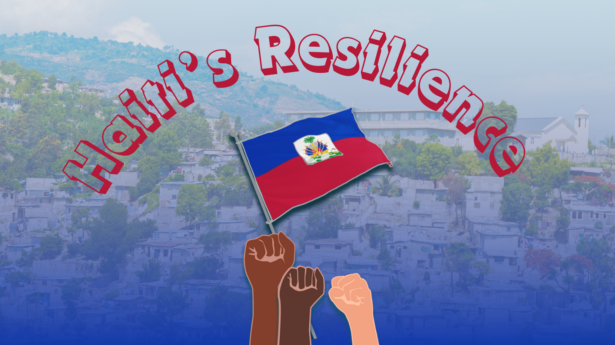The Unitarian Universalist Service Committee advances human rights through grassroots collaborations.
Economic Justice from Kenya to Arkansas

December 10, 2010
In the past year, over 780 UU congregations have shown their commitment to providing a just wage for small-scale farmers by purchasing fairly traded coffee, tea, chocolate, and other products from Equal Exchange through the UUSC Coffee Project. The ripple effects of this dedication are felt halfway around the world, as Equal Exchange contributes a portion of the proceeds from the Coffee Project back to support UUSC’s efforts in building long-term partnerships with small farmer and producer groups through the Small Farmer Fund.
In Bungoma, Kenya, a town just 20 miles from the border of Uganda, young people who have finished high school must work to provide for their daily upkeep and that of their families, even though it is very difficult to find decent work. Increasingly, these youth are finding themselves in the role of sole heads-of-household, due to loss of their parents from HIV/AIDS or other circumstances. The town’s proximity to the border renders these young people vulnerable to prostitution, trafficking, early marriage, risky forms of work, and other exploitation.
UUSC’s economic justice partner Muungano (a name that translates to “togetherness”) is uniting the community to address the economic and social issues it is facing by providing livelihoods for youth while connecting them to traditional agriculture. With the help of UUSC, Muungano is training youth to run their own catering businesses, cooking for local events like weddings. They also rent land to grow organic, traditional crops, which they use to prepare nutritious and affordable meals for people with HIV/AIDS to ensure the effectiveness of their medication.
Back here at home, STITCH is bringing together immigrant women in Mississippi, including poultry workers, child-care providers, and women who have lost their jobs, to build their leadership skills and to work as a group to address common issues. Much like the Women’s Network for Social and Economic Justice that STITCH facilitates in Central America, the women in Mississippi are growing stronger by learning about issues like gender, globalization, and human rights through the Women, Labor, and Leadership curriculum.
Five hundred miles away, in Fayetteville, Ark., the Northwest Arkansas Workers’ Justice Center is forging ahead with its campaign to hold employers accountable for not paying their workers by working with city officials to pass an anti-wage theft ordinance. The Workers’ Justice Center is also continuing its close collaboration with OSHA to train workers on health and safety to reduce the numbers of injuries and deaths on the job.

